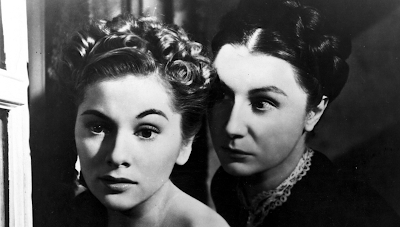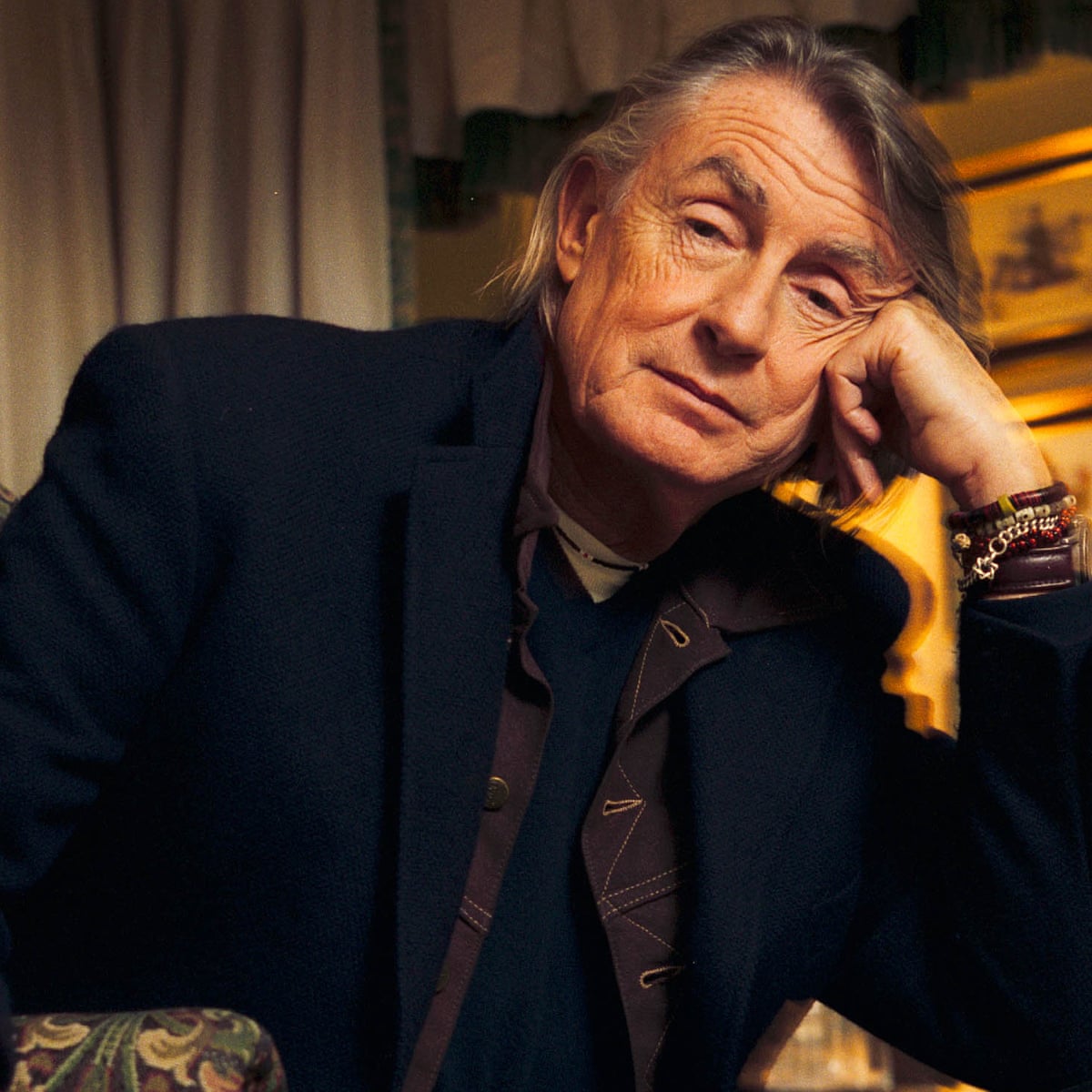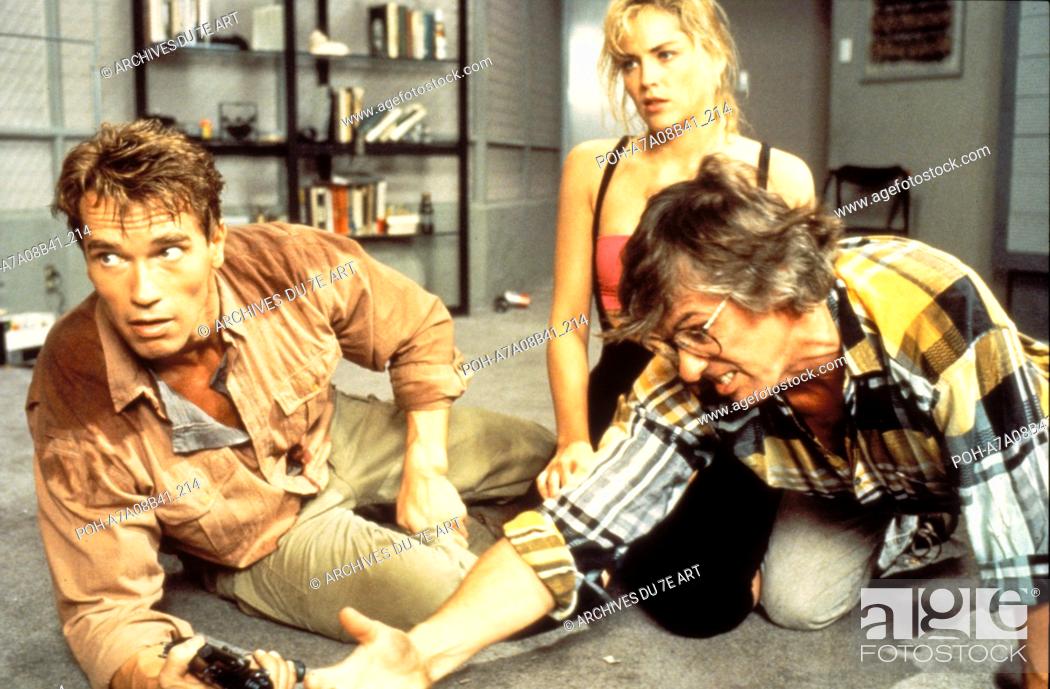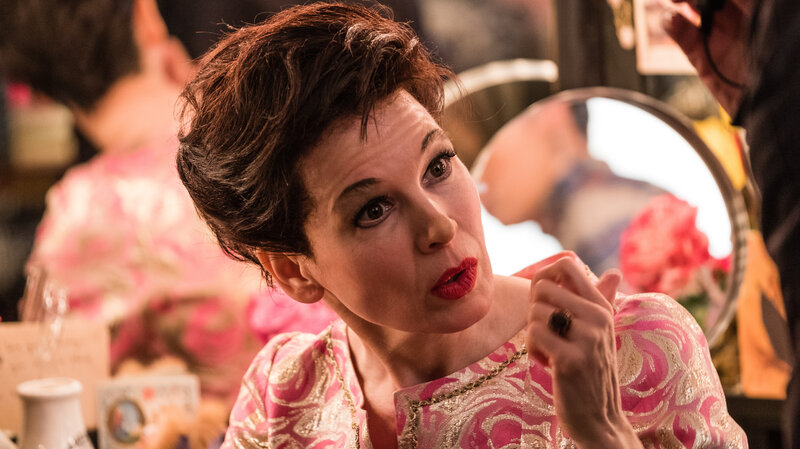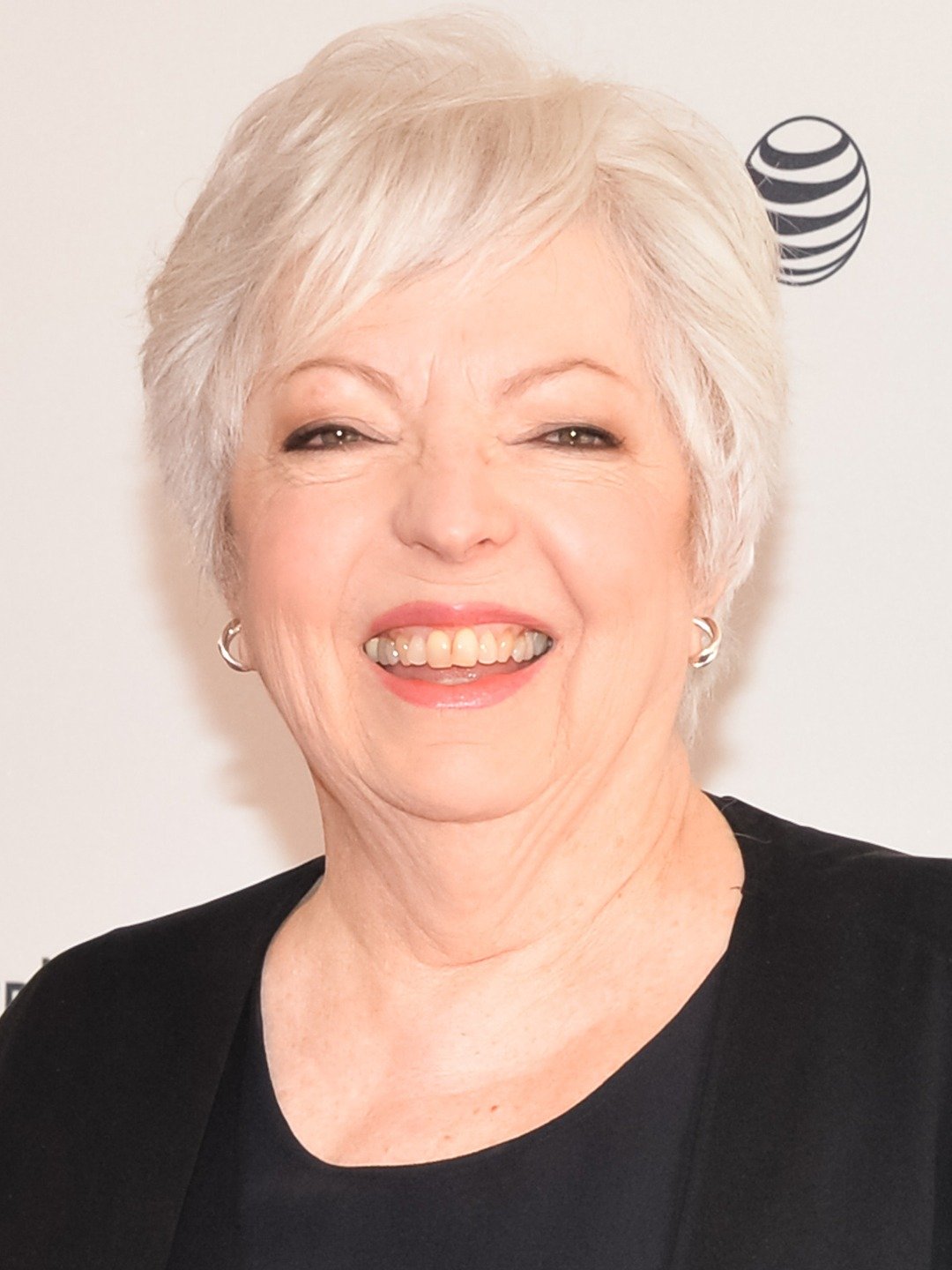A Series of Writings on Films that I feel are essential for film lovers, coupled with films that are personal to me. Spoilers for those you haven't seen the film- as well as spoilers for the novel.
Rebecca marked a turning point in Alfred Hitchcock's career. It was his first film made in America and was the beginning of his working relationship with David O. Selznick. Selznick was a notoriously hands on producer and wanted a very faithful adaptation of Daphne Du Maurier's 1938 novel. Hitchcock had fashioned a strong visual identity as a director. This resulted in tension between the two, which could have led to a fractured and uneven film. However, the resulting film is an elegant meshing of the two men's styles. It is at once a handsomely mounted old-school Hollywood film as well containing some genuine Hitchcockian flourishes. Its success, both critically and commercially, would allow Hitchcock to continue working in Hollywood, where he would direct several of his most revered films.
Hitchcock had wished to buy the rights to Du Maurier's novel but deemed the price too high. He would end up directing another adaptation of a Du Maurier novel, Jamaica Inn (1939), with which Du Maurier was displeased. Selznick would later buy the rights himself. When Hitchcock signed a contract with Selznick he was first slated to direct a film called The Titanic. When that project fell through he was assigned to direct Rebecca. The initial screenplay was written under Hitchcock's supervision by his assistant and screenwriter Joan Harrison, along with author Philip MacDonald. Selznick hated it, due to it veering too far from the novel. In a letter to Hitchcock Selznick said, "We bought Rebecca and we intend to make Rebecca." The final screenplay by Harrison and playwright Robert E. Sherwood was a much more faithful adaptation of the novel.
While on vacation in Monte Carlo the unnamed narrator (Joan Fontaine)- the paid companion of Mrs. Edythe Van Hopper (Florence Bates)- meets the wealthy widower Maxim de Winter (Laurence Olivier). As the narrator and Maxim spend more time together they fall in love. When she and Van Hopper are to leave he surprises her with a marriage proposal. He brings her to his home estate of Manderley, a world of wealth and privilege in which the narrator feels uncomfortable, largely due to the feeling of being compared to Maxim's beautiful and elegant first wife Rebecca, who died in a boating accident the year prior. The housekeeper Mrs. Danvers (Judith Anderson) takes a special disliking to the narrator, due to her close relationship with Rebecca.
Mrs. Danvers' introduction is one of the most Hitchcockian moments in the film. She glides in to the frame as the other servants are happily gathered to greet the new Mrs. de Winter. Her entrance in to the shot tells the audience she is the barrier between the narrator and true acceptance in to Manderley. Lyle R. Wheeler's production design for the film makes Manderley one of the great gothic locations in all of cinema. Hitchcock and cinematographer George Barnes (who won an Oscar for his work here) convey through the framing how the narrator is being overwhelmed by the mansion, both physically and emotionally.



Rebecca is a metaphorical ghost story. Rebecca's ghost never appears but her memory haunts the narrator and Maxim. Mrs. Danvers even wonders whether Rebecca's ghost comes back to Manderley and watches them. What makes the memory of Rebecca even more oppressive for both Maxim and the narrator is when her body is discovered after her boat is recovered. The body identified by Maxim was an unknown woman. Maxim knew this because he placed Rebecca's body in the cabin. Maxim never loved Rebecca and their happy marriage was just an act. As Maxim tells it, she was manipulative and cruel. After a confrontation between Rebecca and Maxim regarding her having a child with another lover, her cousin Jack Favell (George Sanders), she fell and struck her head. Maxim then sunk the boat by opening the seacocks.
In the novel Maxim intentionally kills Rebecca by shooting her. It's ultimately discovered she had cancer, which gives her a motivation for suicide. Due to the Hays Code Maxim couldn't kill Rebecca and not be punished for his crime. I think if the had been able to retain this plot point it would've made the film's story even more powerful. But the message remains the same, which is Maxim cannot escape Rebecca even after she's dead.
Fontaine and Olivier beautifully embody Du Maurier's lovers. While Maxim is older in the novel than Olivier was at the time of the film's production he expertly conveys Maxim's enchantment with the narrator as well as his bitterness towards Rebecca. Maxim is a man of contradictions, capable of warmth and coldness, condescension and respect towards his new bride.
And who wouldn't fall in love with Joan Fontaine? Fontaine effortlessly captures the narrator's purity as a person, as well as her awkwardness and lack of confidence. It's these qualities that attracts Maxim to her. She's not part of his world, not phony or privileged. She's real, which to Maxim Rebecca never was. When Maxim tells the narrator he never loved Rebecca, this finally breaks down the barrier between them. The narrator no longer has to feel inferior to Rebecca.
My favourite moment from Fontaine is when she answers the phone on Rebecca's desk, telling the caller Mrs.de Winter has been dead for over a year. When she puts the phone down she realizes her mistake, cries "Oh, I mean...:" as she reaches for the phone with both hands. It's a very charming moment, while also accentuating the narrator's awkwardness, especially when Mrs. Danvers walks in.
Anderson gives a positively spectral performance as Mrs. Danvers. Others have noted that she appears to glide rather than walk. This is because Hitchcock wanted the audience to see Mrs. Danvers from the narrator's perspective, feeling afraid she could appear at any moment. In one of the novel's and film's most famous scenes Mrs. Danvers finds the narrator in Rebecca's room and shows her around. Mrs. Danvers appears a woman possessed. She, more than anyone else, still has a passionate connection with Rebecca. I'd argue Mrs. Danvers is more of an antagonist than an villain. Her story is actually quite sympathetic. She loved Rebecca, possibly romantically, and her death no doubt affected her deeply. Now Maxim is replacing her with a woman Mrs. Danvers views as inferior to Rebecca. Obviously she'd be upset. Her burning down of Manderley of the story represents her inability to live with the narrator taking Rebecca's place. But the narrator is not a replacement for Rebecca, rather she's her own person. She is able to stop comparing herself but Mrs. Danvers can't.

Another tragedy of the story is Rebecca never gets a voice. The film is wise to now show flashbacks of Rebecca, keeping us in the perspective of the narrator, who's never seen Rebecca, can only imagine her. We only know Rebecca from what we're told; we're given two contrasting views of her. One is the beautiful, adored wife who everyone loved and whose death tormented Maxim. The other view, the one Maxim communicates to the narrator, is certainly not flattering: "She was incapable of love or tenderness or decency." But who really was Rebecca? Is it fair to assume she was some kind of monster as Maxim tells it? I don't believe so. Rebecca is a story about perception and the limits of one's knowledge of a human being. The narrator had one view of Maxim when marrying him, which turned out to be wrong. There is something quietly tragic about learning she had cancer and not wishing anyone else to know. In the book Du Maurier makes it clear Rebecca wanted Maxim to kill her so she wouldn't have to suffer from the cancer.
Rebecca won the Best Picture Oscar- along with the aforementioned win for cinematographer Barnes- though Hitchcock lost Best Director to John Ford for The Grapes of Wrath. This may have solidified in Hitchcock's mind that Rebecca more of a Selznick film than a Hitchcock film. But there's still plenty of Hitchcock in this film, with its themes of romantic obsession, the limits of subjectivity, and fear of police/authority. And as I mentioned earlier the film allowed Hitchcock to continue working in Hollywood, where he grew as a artist, crafting sophisticated thrillers with provocative subtext. And Rebecca is ultimately, for me, a story about a woman isn't alive to tell her story and another who is able to finally become the heroine of her own.



